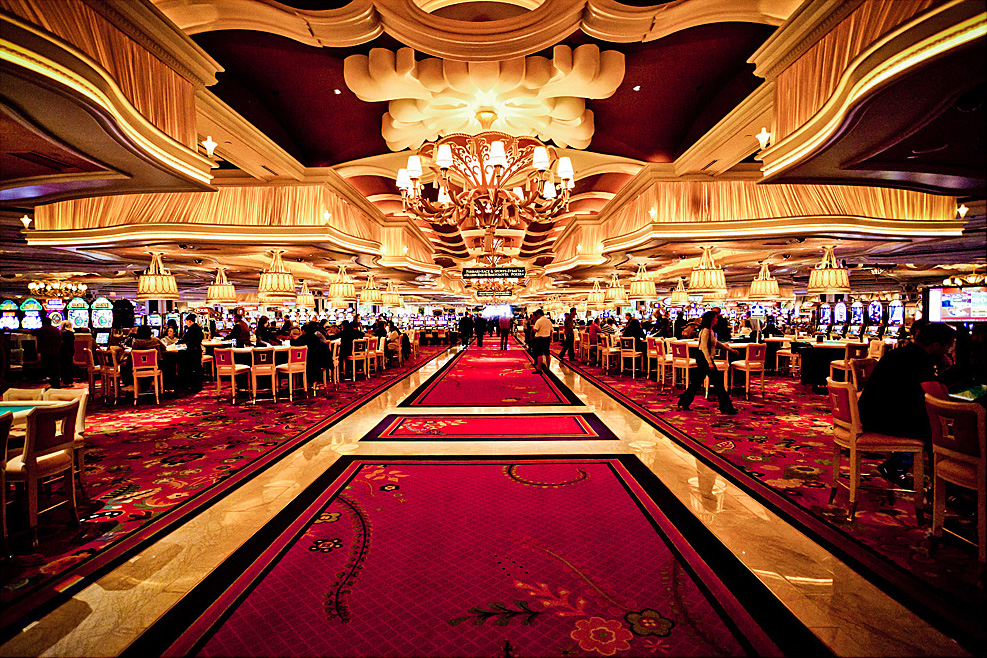The Enigma of Gambling Game Myths
admin
- 0

In the world of gambling, where chance and strategy converge, a unique tapestry of beliefs manifests—one that braids luck, fate, and the enigmatic nature of casino games. Casinos, bustling with excitement and anticipation, are not just spaces for placing bets; they are also arenas in which superstitions thrive. Ranging from the novice player to the seasoned gambler, these mysterious practices often shape how individuals approach the games they play, holding the belief that their actions can influence the outcome in ways that go beyond mere probability.
When players gather around roulette wheels, blackjack tables, and slot machines, the atmosphere is thick with stories of lucky charms, rituals, and codified behavior that defy logic yet provide a sense of comfort. It could be the case that it’s wearing a specific outfit, following a particular sequence of bets, or even avoiding certain numbers, the attachment to various superstitions reflects a deep-rooted desire to master the uncontrollable. This article delves into the captivating world of casino game superstitions, investigating the beliefs that simultaneously entertain and mystify those who dare to play.
Historical Origins of Superstitions
Betting activities have long been entwined with an array of superstitions that trace to early civilizations. The roots of these ideas can be associated to humanity’s intrinsic wish to influence the uncertain outcomes associated with chance and randomness. In primitive civilizations, activities of uncertainty were often tied to ritualistic practices. Players would call upon aid or ask for favor from deities, believing that their actions could change the odds in their favor. This basis laid the groundwork for the multitude of superstitions that developed as gambling evolved over ages.
During the Middle Ages, betting became a popular activity across Europe, and with it, a rich tapestry of superstitions emerged. Players adopted numerous rituals and charms, believing they could change the consequences of games. The significance of digits, in particular, started to appear in superstitions related to card games and dice. The number seven was often considered auspicious, while different numbers carried negative connotations. These ideas mirrored the social contexts of the time, adapting as they transferred through generations and transformed to different gaming environments.
As casinos appeared in the seventeenth century, particularly in Italy and the French nation, the atmosphere surrounding gambling became saturated in mystery. The growing openness of gambling activities allowed for the spread and variation of superstitions among players. Concepts like lucky charms, special seating positions, and rituals gained prominence, creating a distinct culture within casinos. As these traditions continued to thrive, they became integral to the identity of casino games, illustrating how the past and culture shape the notions that influence how gamblers connect with luck.
Common Gambling Myths
Superstitions surrounding gambling games are plentiful and varied, mirroring the hopes and anxieties of players as they participate in random activities. One of the most prevalent beliefs is that specific digits bring luck or bad luck. For example, the number 7 is often seen as a lucky digit, frequently embraced by gamblers looking for a favorable outcome. Conversely, the number thirteen is routinely considered unlucky, leading many players to steer clear of it during their gaming periods.
A common superstition relates to practices that players believe can affect their odds. Whether blowing gently on dice before a roll, using a specific gesture to place a bet, or even wearing specific items of clothing, many individuals feel that these rituals can sway luck in their benefit. These rituals offer a sense of control in an otherwise unpredictable environment, reinforcing the idea that fortune can be manufactured through personal beliefs and customs.
Finally, the environment and vibe of the gambling house itself adds to superstition. Many players suggest that the presence of specific icons, such as four-leaved clovers or lucky tokens, can enhance their chances of winning. Additionally, players might hold to the notion that victory streaks can be interrupted by mundane occurrences, such as someone passing by or a spill at the gaming surface. The shared atmosphere in a casino can amplify these beliefs, creating a shared culture of superstitions that transcends single experiences.
Impact of Superstitions on Players
Beliefs play a significant role in the psychology of gamblers, often affecting their behavior and choices. Numerous gamblers believe that fortune can be influenced through various rituals, such as wearing a lucky charm, choosing particular hues, or avoiding certain numbers. This reliance on superstitions can create a feeling of control in an environment that is inherently unpredictable. Players often feel more confident and involved when they think that their actions could sway the result of a game in their favor.
The influence of these superstitions extends beyond individual players, affecting the general atmosphere within the casino. For example, a player who believes in the luck of a certain slot machine might attract a crowd, as onlookers are fascinated by their apparent luck. This shared belief can heighten excitement and create a dynamic environment, leading to an interesting experience even for those who may not necessarily be believers themselves. non GamStop casinos UK The excitement around certain games can lead to increased participation and longer playing sessions, supporting the casino’s lively social scene.
In some instances, superstitions can lead to negative effects for players. Relying too much on rituals can result in bad gambling decisions, as some may overlook basic strategies in favor of baseless beliefs. Additionally, the stress to perform rituals may heighten anxiety and tension, diminishing from the pleasure of the experience. Ultimately, while superstitions can enhance the excitement of playing casino games, they can also lead to poor choices that overshadow the enjoyment and entertainment intended in the casino experience.